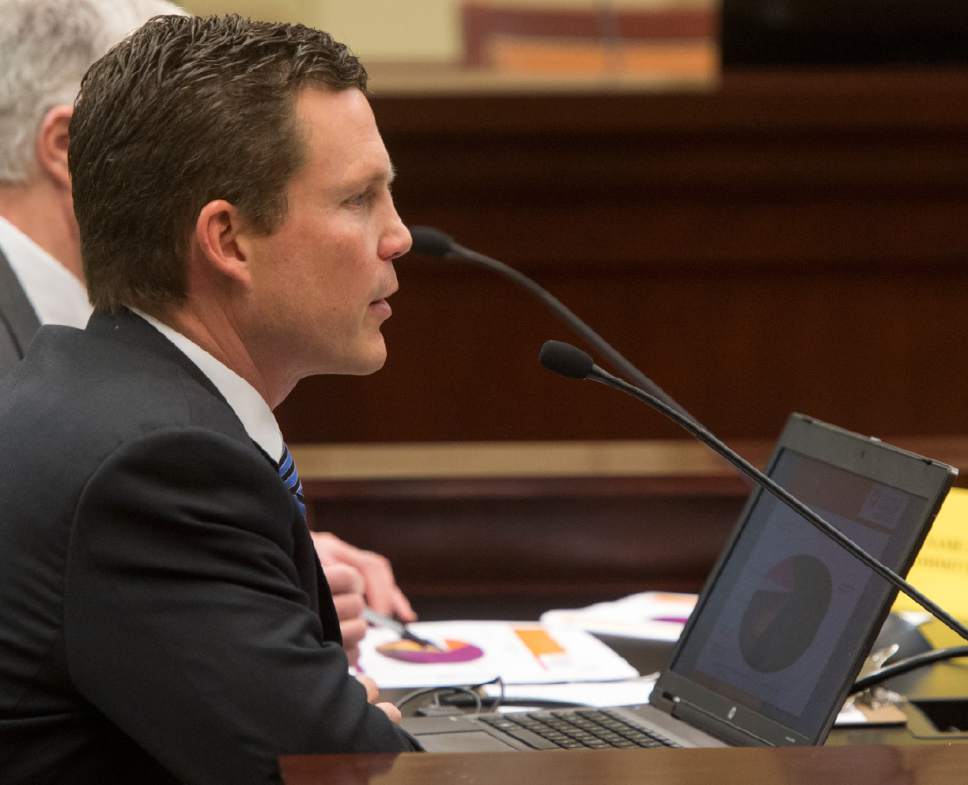This is an archived article that was published on sltrib.com in 2017, and information in the article may be outdated. It is provided only for personal research purposes and may not be reprinted.
Utah lawmakers have long sought creative ways around Supreme Court decisions to fight abortions. But budget-writers were told Thursday they could prevent about 700 abortions a year by better funding family planning services for the poor.
Reducing abortions was among arguments made for proposals both by Gov. Gary Herbert and House Minority Leader Brian King, D-Salt Lake City, to ensure family planning for all Utah adults who make less than 100 percent of poverty-level wages.
The governor's proposals would cost about $600,000 a year, and would seek waivers to obtain a 90-10 percent funding match from the federal government, said Nate Checketts, Medicaid and health-financing director for the Utah Department of Health. King has made similar proposals in HB57.
Checketts said people now on Medicaid or the state's Primary Care Network already receive family planning services. But he figures about 11,000 poor people — mostly adults without dependent children — fall in a coverage gap without such services.
Jessica Sanders, a doctor and family planning researcher at the University of Utah, said funding the proposals, based on Utah-specific research data, "would prevent 2,000 unintended pregnancies and close to 700 abortions."
King and Checketts repeated the statistic in separate pleas for the money before the Social Services Appropriations Subcommittee.
"I think everyone in the House and Senate would agree that if we can reduce the number of unplanned pregnancies and specifically reduce the number of abortions, that's a good thing," King said.
Sanders said, "Contraception can be expensive, and some couples find themselves choosing between birth control and groceries or school tuition, knowing that they are not ready to start a family or cannot afford another child."
Katie Storck, another University of Utah doctor, testified that the ability to plan families makes for more stable households.
"Being able to plan if and when she gets pregnant, allows a woman to get the education she desires, take on a career she wants, have and raise a healthy, happy family."
She said women in poverty have unitended pregnancies at five times the rate of those with higher incomes. King said that is a contributing factor to intergenerational poverty.
Family services that would be covered under proposals include intrauterine devices, tubal ligation, vasectomies and contraceptives. Abortions would not be covered.





